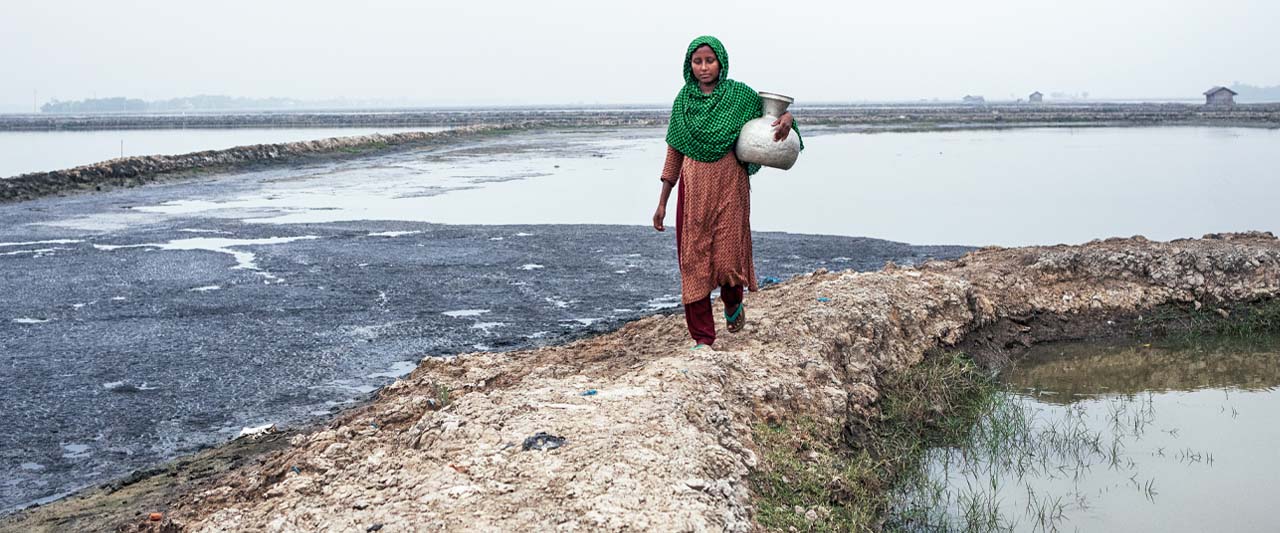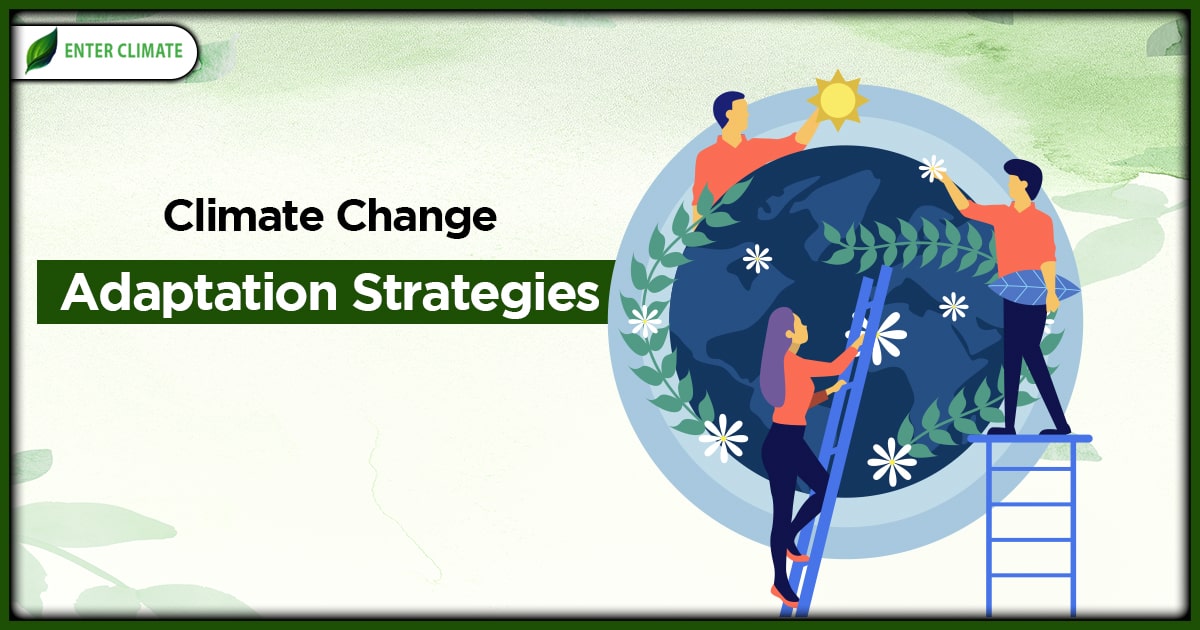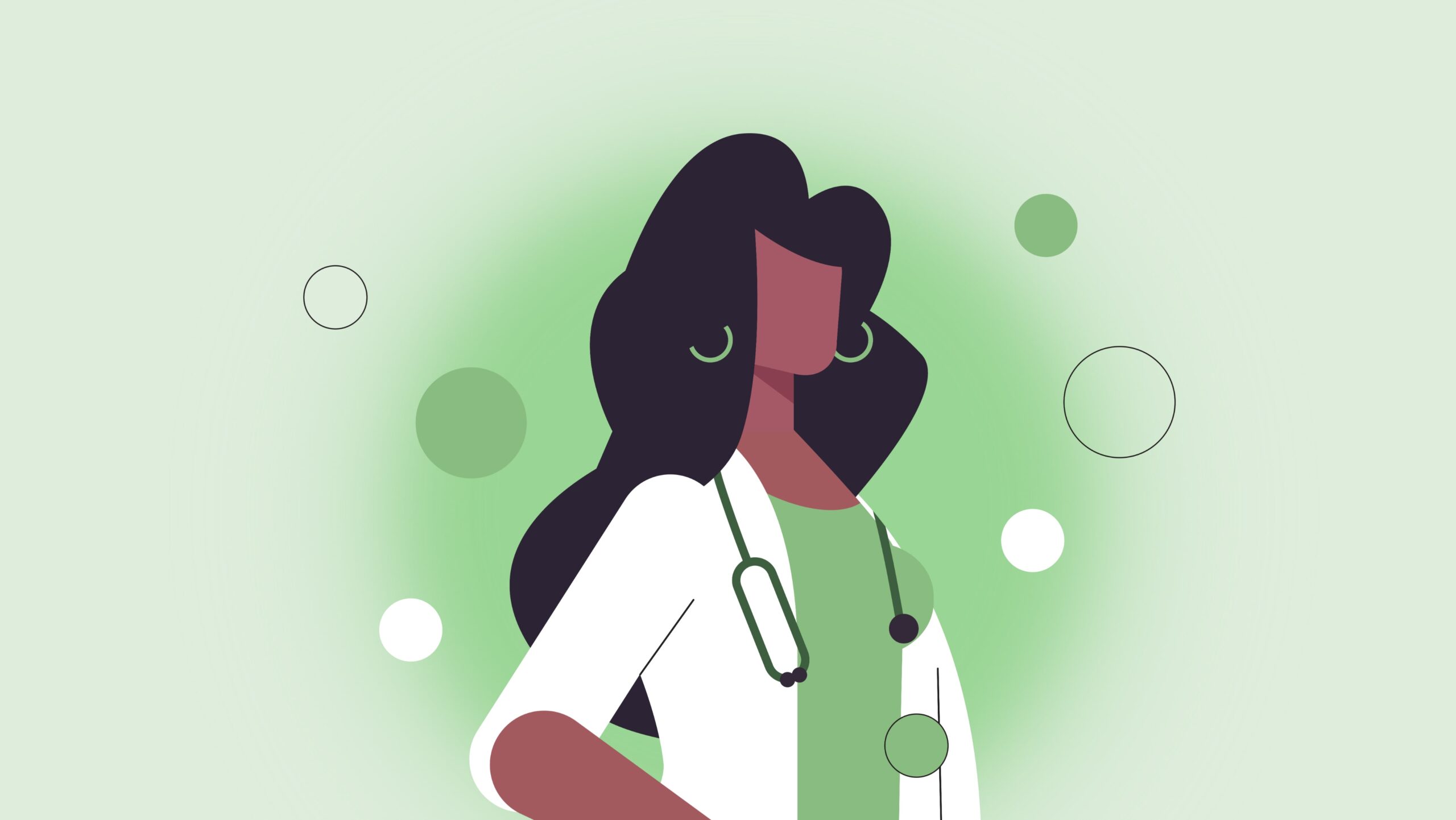
Sustainable Development Goals (SDGs) and Gender Inequality
Impact of Climate Change on Women in Mozambique

In Mozambique, women play a crucial role in farming and food production. However, they are disproportionately affected by the devastating impacts of climate change on the agricultural sector. The most fertile farmland is often located in high-risk areas known as “risk zones” for extreme weather events. Unfortunately, the government’s resettlement neighborhoods, established in “safe zones,” are not suitable for farming and offer limited alternative economic opportunities. Consequently, these resettlement neighborhoods are predominantly inhabited by women and children, while men frequently migrate to urban areas or neighboring countries in search of employment.
This situation has led to an unstable and semi-nomadic lifestyle for many women and their children in the communities we studied in Mozambique. They frequently move between their farmland and the resettlement neighborhoods. Mothers face the difficult choice of either taking their children with them, which disrupts their education, or leaving them behind at the resettlement centers for extended periods. Some women have even opted to permanently stay in the risk zones to avoid constant migration.
Gender Inequality and Climate-Induced Migration in Bangladesh
In Bangladesh, our interviews revealed a central theme: women lack opportunities for paid work outside of their homes due to cultural norms that restrict their roles to caregivers and household workers. Climate-induced migration further exacerbates this issue, leaving many women solely responsible for caring for their families. Women who become heads of households due to circumstances such as being unmarried, widowed, or divorced are particularly vulnerable to violence and poverty.
These women described resorting to jobs that put their reproductive health at risk, such as fishing in polluted waters or engaging in transactional sex, in order to provide for their children and save money for future disasters.
SDGs, Targets, and Indicators
SDGs Addressed:
- SDG 1: No Poverty
- SDG 2: Zero Hunger
- SDG 5: Gender Equality
- SDG 8: Decent Work and Economic Growth
- SDG 10: Reduced Inequalities
- SDG 13: Climate Action
Targets Identified:
- Target 1.1: By 2030, eradicate extreme poverty for all people everywhere.
- Target 2.3: By 2030, double the agricultural productivity and incomes of small-scale food producers, in particular women.
- Target 5.4: Recognize and value unpaid care and domestic work through the provision of public services, infrastructure, and social protection policies and the promotion of shared responsibility within the household and the family.
- Target 8.5: By 2030, achieve full and productive employment and decent work for all women and men, including for young people and persons with disabilities, and equal pay for work of equal value.
- Target 10.2: By 2030, empower and promote the social, economic, and political inclusion of all, irrespective of age, sex, disability, race, ethnicity, origin, religion or economic or other status.
- Target 13.1: Strengthen resilience and adaptive capacity to climate-related hazards and natural disasters in all countries.
Indicators:
- Indicator 1.1.1: Proportion of population below the international poverty line, by sex, age, employment status, and geographical location.
- Indicator 2.3.1: Volume of production per labor unit by classes of farming/pastoral/forestry enterprise size.
- Indicator 5.4.1: Proportion of time spent on unpaid domestic and care work, by sex, age, and location.
- Indicator 8.5.1: Average hourly earnings of female and male employees, by occupation, age group, and persons with disabilities.
- Indicator 10.2.1: Proportion of people living below 50 percent of median income, by age, sex, and persons with disabilities.
- Indicator 13.1.2: Number of countries that have integrated mitigation, adaptation, impact reduction, and early warning measures into national policies, strategies, and planning.
| SDGs | Targets | Indicators |
|---|---|---|
| SDG 1: No Poverty | Target 1.1: By 2030, eradicate extreme poverty for all people everywhere. | Indicator 1.1.1: Proportion of population below the international poverty line, by sex, age, employment status, and geographical location. |
| SDG 2: Zero Hunger | Target 2.3: By 2030, double the agricultural productivity and incomes of small-scale food producers, in particular women. | Indicator 2.3.1: Volume of production per labor unit by classes of farming/pastoral/forestry enterprise size. |
| SDG 5: Gender Equality | Target 5.4: Recognize and value unpaid care and domestic work through the provision of public services, infrastructure, and social protection policies and the promotion of shared responsibility within the household and the family. | Indicator 5.4.1: Proportion of time spent on unpaid domestic and care work, by sex, age, and location. |
| SDG 8: Decent Work and Economic Growth | Target 8.5: By 2030, achieve full and productive employment and decent work for all women and men, including for young people and persons with disabilities, and equal pay for work of equal value. | Indicator 8.5.1: Average hourly earnings of female and male employees, by occupation, age group, and persons with disabilities. |
| SDG 10: Reduced Inequalities | Target 10.2: By 2030, empower and promote the social, economic, and political inclusion of all, irrespective of age, sex, disability, race, ethnicity, origin, religion or economic or other status. | Indicator 10.2.1: Proportion of people living below 50 percent of median income, by age, sex, and persons with disabilities. |
| SDG 13: Climate Action | Target 13.1: Strengthen resilience and adaptive capacity to climate-related hazards and natural disasters in all countries. | Indicator 13.1.2: Number of countries that have integrated mitigation, adaptation, impact reduction, and early warning measures into national policies, strategies, and planning. |
Copyright: Dive into this article, curated with care by SDG Investors Inc. Our advanced AI technology searches through vast amounts of data to spotlight how we are all moving forward with the Sustainable Development Goals. While we own the rights to this content, we invite you to share it to help spread knowledge and spark action on the SDGs.
Fuente: ipas.org

Join us, as fellow seekers of change, on a transformative journey at https://sdgtalks.ai/welcome, where you can become a member and actively contribute to shaping a brighter future.






